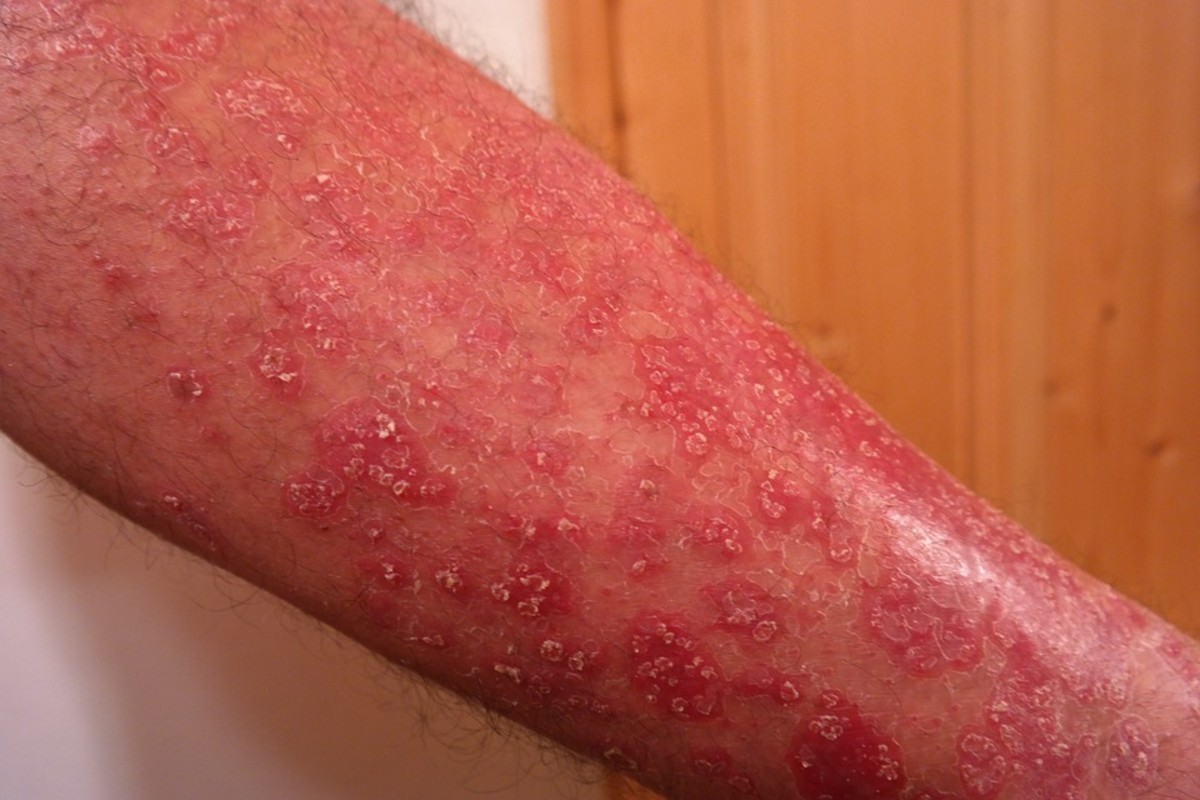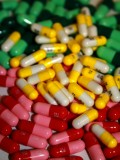How Long Does It Take For An Antibiotic To Work
Some facts on Antibiotics
Antibiotics are used for treatment or prevention of bacterial infection. They may be informally defined as the subgroup of anti-infectives that are derived from bacterial sources and are used to treat bacterial infections. Antibiotics also may kill naturally-occurring bacteria that protect the body from yeast infection , so yeast infections may occur while you are taking antibiotics. Be sure to ask your doctor what kind of side effects you may experience with a particular antibiotic. Antibiotics are among the most frequently prescribed medications in modern medicine. Antibiotics cure disease by killing or injuring bacteria.
Antibiotics can also cause allergic reactions. Mild allergic reactions consist of an itchy rash or slight wheezing. Antibiotics may kill some, but not all bacteria. And when antibiotics are used for the wrong reason or for an incorrect length of time, more bacteria resistant to that antibiotic may be produced. Antibiotics are only effective if taken for the full amount of time prescribed by the doctor — and they take time to kick in, too, so don't expect your child to feel better after taking the first dose. Most kids take 1 to 2 days to feel a lot better.
Antibiotics can help us win the battle. When you report a bacterial infection to your physician, you are probably prescribed antibiotics. Antibiotics can dangerously interfere with the anticoagulant medication warfarin (Coumadin�), making the blood too thin and increasing the risk of bleeding. Adjustments in the dose of warfarin may be required if antibiotics are started. Antibiotics won't do a thing for viral illnesses such as colds, flu and most sore throats. What's more, taking antibiotics when you don't need them actually can be harmful.
Antibiotics work against bacterial infections, and colds are caused by viruses - therefore, a course of antibiotics will do nothing but perhaps kill off the body's own population of beneficial bacteria, leaving the cold to run its natural course. Nevertheless, patients often pressure their doctors into prescribing antibiotics when they come down with a cold or the flu . Antibiotics do not work on viruses because viruses are not alive. A bacterium is a living, reproducing lifeform. Antibiotics can kill or slow down certain bacteria from growing, but each time they're used there's a chance that resistant bacteria will develop. These resistant bacteria are more likely to cause your child's next infection and may make it harder to treat your child the next time.
Antibiotics could increase the risk for breast cancer by, e.g. Another possibility is that antibiotics increase the risk by affecting the immune system. Antibiotics are medicines used to treat infections caused by bacteria. They are usually taken by mouth, but can sometimes be given into a vein (intravenous), into a muscle (intramuscular) or applied to the skin (topical). Antibiotics can be either broad spectrum, which means that they are active against a wide range of microorganisms � both good and bad. Narrow spectrum drugs target a specific group of microorganisms and are able to interfere with a metabolic process specific to those organisms.
Antibiotics were treated as miracle drugs when they first became available half a century ago. But their popularity rapidly led to overuse. Antibiotics were not a priority for the pharmaceutical industry, but they remained a critical area for public health, said Livermore. Most troubling now is the rise of what are known as gram negative bacteria (MRSA is gram positive). Antibiotics are usually taken for a period of time and for a particular dosage which the doctor needs to specify to you according to your sinusitis. You have to make sure to take the full dosage prescribed to you, within the time frame given by your doctor.
So how long does it takes for an antibiotic to work?
Every antibiotic is different in how it works and how long it takes to work, and the time is also effected by the person taking the antibiotic. Unless you are having a reaction of some kind, do not stop taking your medicine unless the doctor says so.
You should start feeling better within a couple of days, although some antibiotics take several days to work. If you feel no improvement in your infection, contact your doctor: do not just stop the antibiotics.
Antibiotics are as you say, a ‘lazy’ solution. Over-prescribing of unnecessary antibiotics is responsible for creating the huge problem of antibiotic resistant bacteria (MRSA, Streptococcus pneumoniae, E.coli and VRE) which now thrive in our hospitals and threaten the lives of those already immuno-compromised. Antibiotics are needed to clear up the infection. Antibiotics aren't a targeted treatment. The drugs don't zero in on the bacteria you want to kill and leave intact the rest of the body's normal and healthy bacteria.
So another altenative for antibiotics is to look for NATURAL Antibiotics.
Natural Antibiotics
Natural antibiotics, conversely, work with the body's natural powers to rid it of infection. Certain herbs may be used as antibiotic alternatives and do not cause resistance in bacteria. Natural antibiotics are an important component of the innate defences of all species of life. This article reviews various natural peptide antibiotics and their importance. Natural antibiotics are a valuable intervention for fighting such infections as well as preventing the occurrence in the first place.
Natural Antibiotics , found in herbal plants and our bodies, are the most effective bacterial fighters. We disturbed the bacterial balance through the overuse of the antibiotics to such an extend that many bacterial infections can’t be treated anymore. Natural antibiotics and home remedies are not in any way the answer to all medical problems and do not take the place of a medical doctor. However taking care of your body and boosting your immune system to support good health is your everyday job.
Studies have validated that various herbs with antibiotic activities can deal with infection-causing organisms safely and effectively. Among these herbs are Houttuynia, Scutellaria barbatae, Woad, Dandelion, Commelinae, Chrysanthemum, Forsythia, Begonia, Hedyotis, Yedeon’s Violet, Skullcap, Ledebouriellae, Honeysuckle and Licorice.








